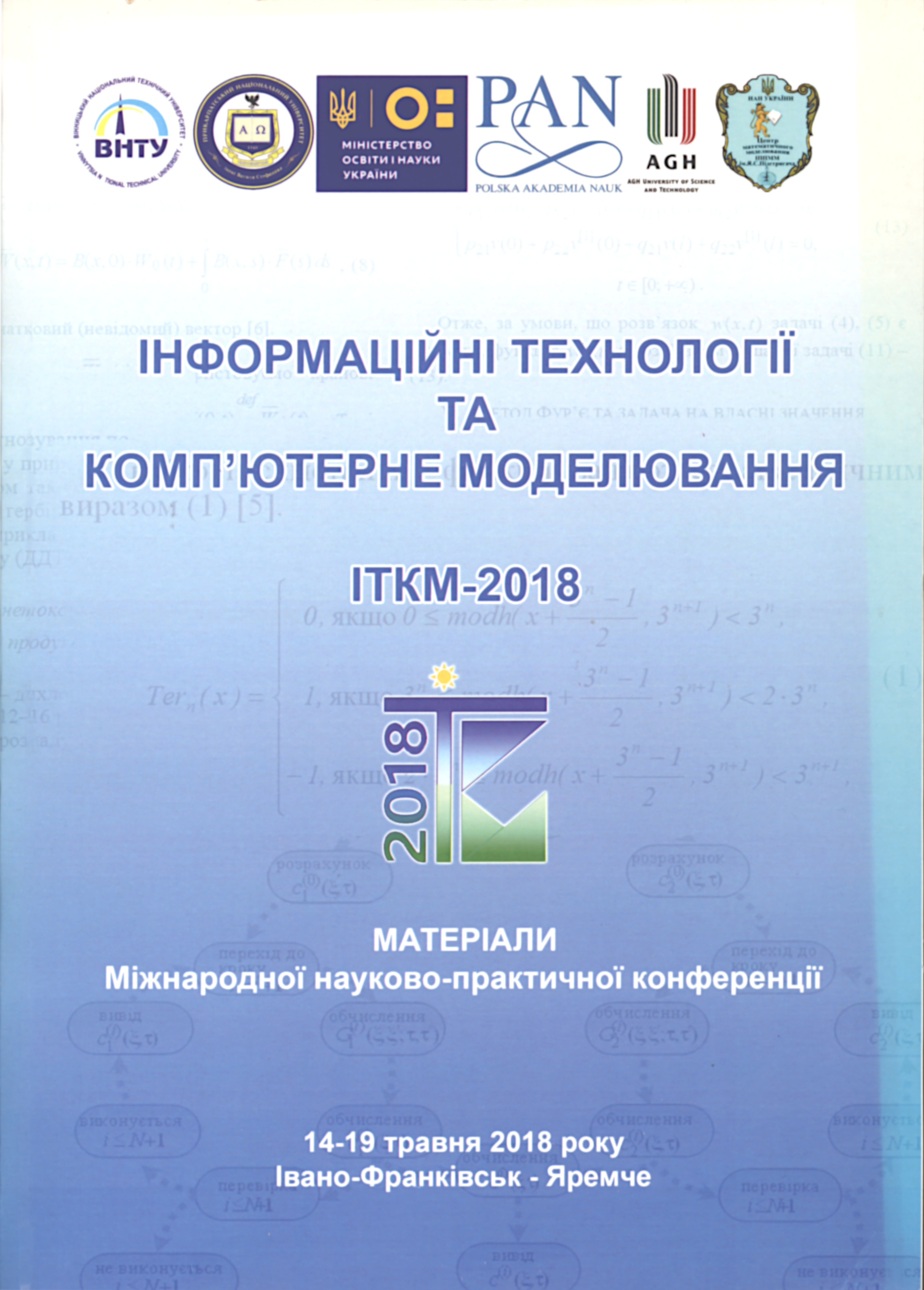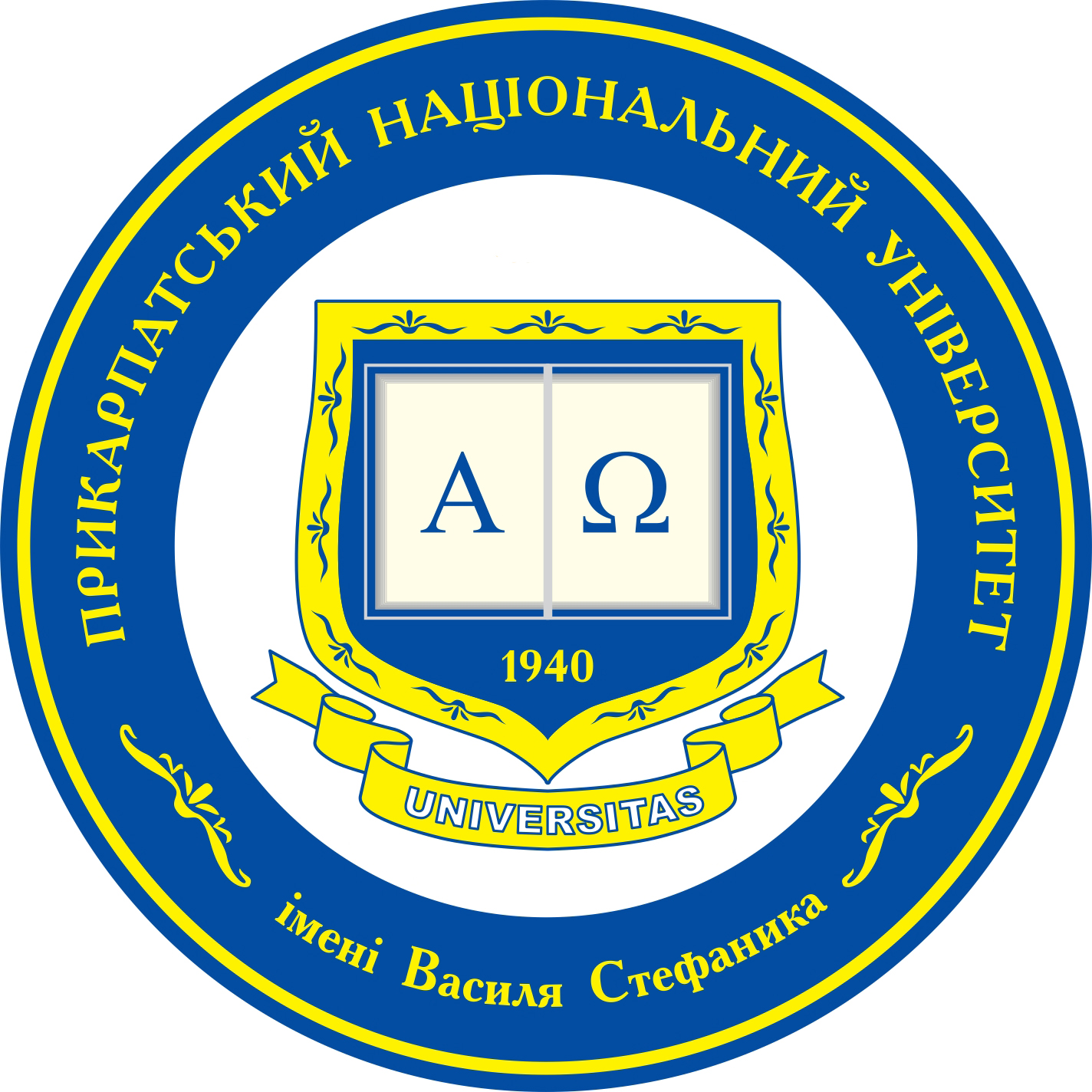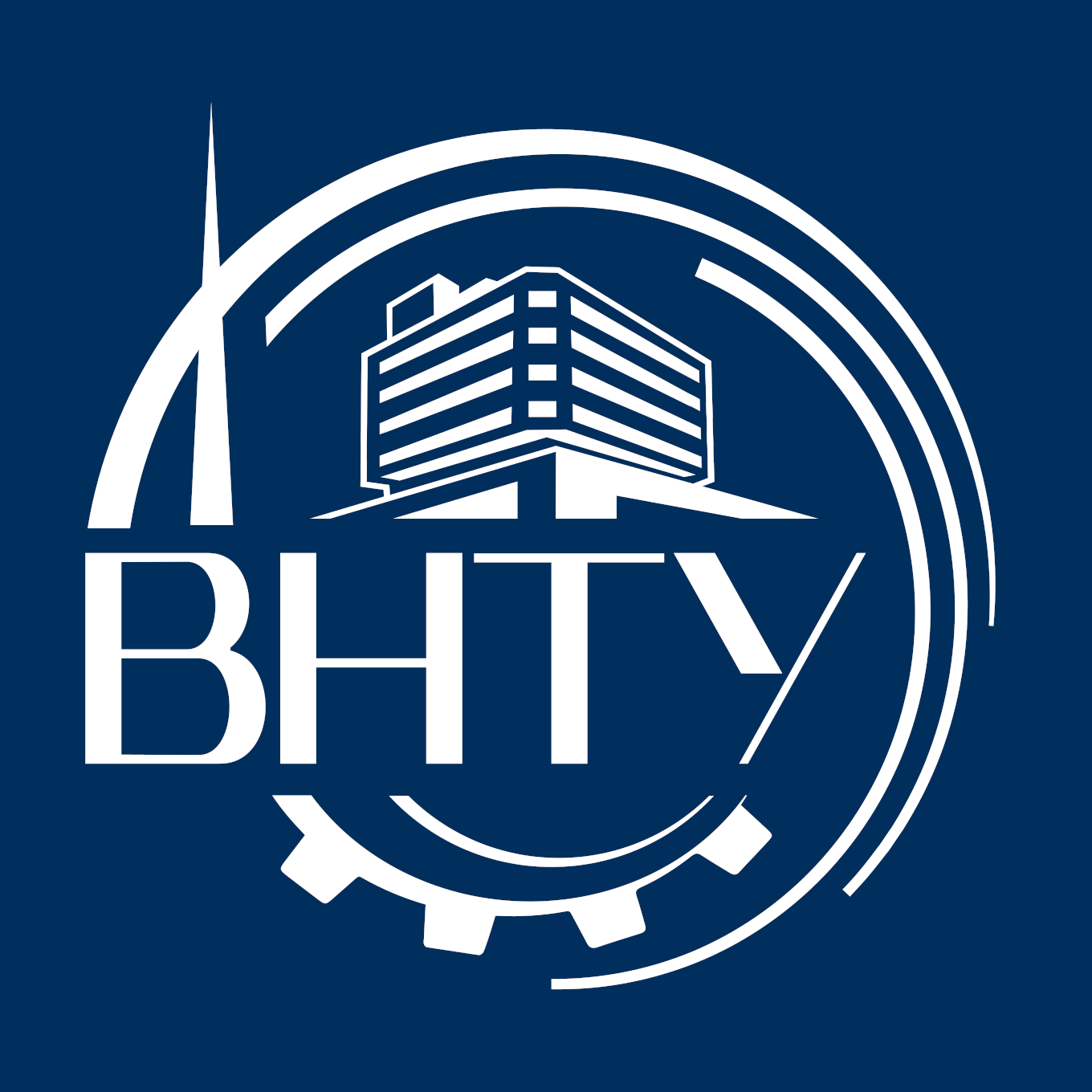A System for Determining the Rheological Characteristics of Marine Technical Liquids
Keywords:
tribotechnical unit, computer system, rheological characteristics, viscosensor with piezoelectric drive, "non-Newtonian" thixotropic fluidAbstract
Ship's technical fluids (heavy fuel oil and lubricating oil) when operating diesel engines are considered as "Newtonian" and when operating on nominal revolutions are guided by kinematic viscosity. When bunkering the vessel, a technical passport with one value of kinematic viscosity and density is provided on them. In recent years, cases of operation of the main engines at the turning points, which are half the par value, have become more frequent. When located in the gaps of tribotechnical units of diesel engines, ship's technical fluids manifest themselves as "nonNewtonian" with the effect of thixotropy. Not taking into account these properties increases the wear of elements of fuel equipment and bearings. This leads to an increase in accidents and operating costs. The negative effect is amplified in the maneuverable mode of the diesel engine with a sharp variation in the load characteristics and, consequently, a sharp change in the viscosity coefficients. We have created a computer system that includes a submersible probe rheometer with a piezoelectric drive. The novelty of the system is the possibility of its use in the complex analysis of "non-Newtonian" liquids and the study of the effect of thixotropy in real time. Existing ship's stationary laboratories do not allow for detailed analyzes.






